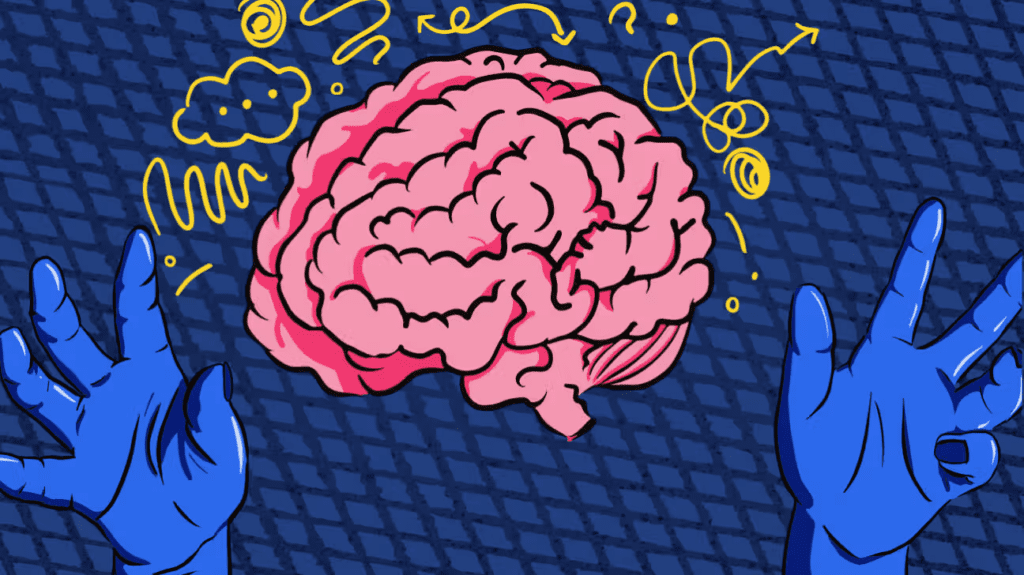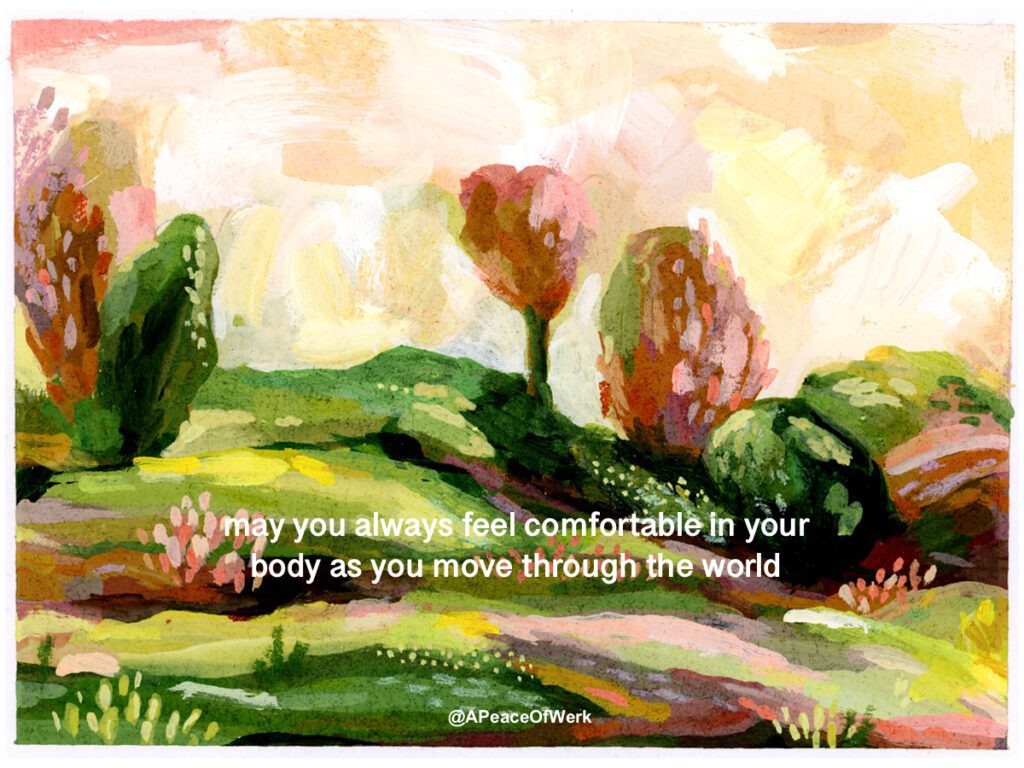
-
Pinterest
Social anxiety is a common and often debilitating condition that can make even the simplest interactions feel overwhelming. Whether it’s a family gathering, a work meeting, or a casual conversation with friends, social anxiety can turn these experiences into sources of stress and discomfort. However, there are best innovative tips for anxiety relief and how to find your social comfort zone and ease the anxiety that comes with it.
10 Innovative Tips for Anxiety Relief
Here are ten innovative tips to help you manage social anxiety and feel more at ease in social situations.
1. Practice Mindfulness and Deep Breathing
Mindfulness and deep breathing can be powerful tools for managing anxiety. By focusing on the present moment and taking deep, slow breaths, you can calm your mind and reduce the physical symptoms of anxiety.
- Practical Tip: When you start to feel anxious in a social setting, take a moment to focus on your breathing. Inhale deeply through your nose, hold for a few seconds, and exhale slowly through your mouth. Repeat this several times until you feel more relaxed.
2. Prepare and Practice
Preparation can significantly reduce anxiety by giving you a sense of control over the situation. Practice common social scenarios and think about what you might say or do.
- Practical Tip: Before a social event, practice introducing yourself, making small talk, and responding to common questions. Role-playing with a trusted friend or family member can also help you feel more confident.
3. Use Visualization Techniques
Visualization involves imagining yourself succeeding in a social situation. This mental rehearsal can help reduce anxiety and improve your performance.
- Practical Tip: Spend a few minutes each day visualizing yourself in social settings, feeling calm and confident. Imagine the positive outcomes of these interactions and how good it feels to engage comfortably with others.

-
Pinterest
4. Set Realistic Goals
Setting small, achievable goals can help you build confidence and gradually reduce social anxiety. Start with situations that cause mild anxiety and work your way up to more challenging scenarios.
- Practical Tip: Set a goal to speak to one new person at a social event or to make a phone call instead of sending an email. Celebrate your successes, no matter how small, and gradually increase the difficulty of your goals.
5. Focus on Others
Shifting your focus from yourself to others can help reduce anxiety. When you concentrate on making others feel comfortable and valued, you’re less likely to dwell on your own anxious thoughts.
- Practical Tip: Ask open-ended questions and show genuine interest in others’ responses. This can help take the spotlight off you and make the conversation more engaging.
6. Practice Self-Compassion
It’s important to be kind to yourself and recognize that everyone makes mistakes. Self-compassion can help you manage social anxiety by reducing self-criticism and promoting a more positive self-image.
- Practical Tip: When you feel anxious or make a mistake in a social setting, remind yourself that it’s okay and that everyone experiences these moments. Treat yourself with the same kindness and understanding that you would offer a friend.
7. Use Positive Affirmations
Positive affirmations can help reframe negative thoughts and boost your confidence. Repeating affirmations can reinforce a positive mindset and reduce anxiety over time.
- Practical Tip: Create a list of positive affirmations related to social interactions, such as “I am confident and capable in social situations” or “I enjoy meeting new people.” Repeat these affirmations daily, especially before social events.

-
Pinterest
8. Limit Caffeine and Sugar
Caffeine and sugar can exacerbate anxiety by increasing heart rate and creating feelings of jitteriness. Reducing your intake of these substances can help you feel calmer in social situations.
- Practical Tip: Opt for decaffeinated beverages and snacks that are low in sugar before social events. Drinking herbal teas like chamomile or peppermint can also promote relaxation.
9. Practice Assertive Communication
Assertive communication involves expressing your thoughts and feelings in a clear, respectful manner. Practicing assertiveness can help you feel more in control and reduce anxiety in social interactions.
- Practical Tip: Learn to say “no” when necessary and express your needs and boundaries confidently. Practicing assertive statements in front of a mirror can help you feel more comfortable using them in real-life situations.
10. Seek Professional Help
If social anxiety is significantly impacting your life, seeking professional help can be a crucial step. Therapists can provide strategies and support tailored to your specific needs.
- Practical Tip: Consider cognitive-behavioral therapy (CBT), which is highly effective for treating social anxiety. Support groups can also offer a sense of community and shared understanding.
More Related Posts you might also like:
- Living in Full Color: How Colors Affect Our Mood
- Learn how to Forgive Yourself: 15 Things you can do to get Started
- Laughter Healing Touch: Natural Remedies for the Soul
Embracing Your Social Comfort Zone
Finding your social comfort zone is a journey, not a destination. It requires patience, practice, and self-compassion. By implementing these innovative tips, you can gradually reduce your social anxiety and enjoy more fulfilling interactions.
Remember, it’s okay to take small steps and celebrate each victory along the way. Social anxiety doesn’t have to define your experiences. With time and effort, you can find comfort and confidence in social settings, allowing you to connect more deeply with others and enrich your life. So, take a deep breath, believe in yourself, and step into your social comfort zone with courage and grace.

-
Pinterest
